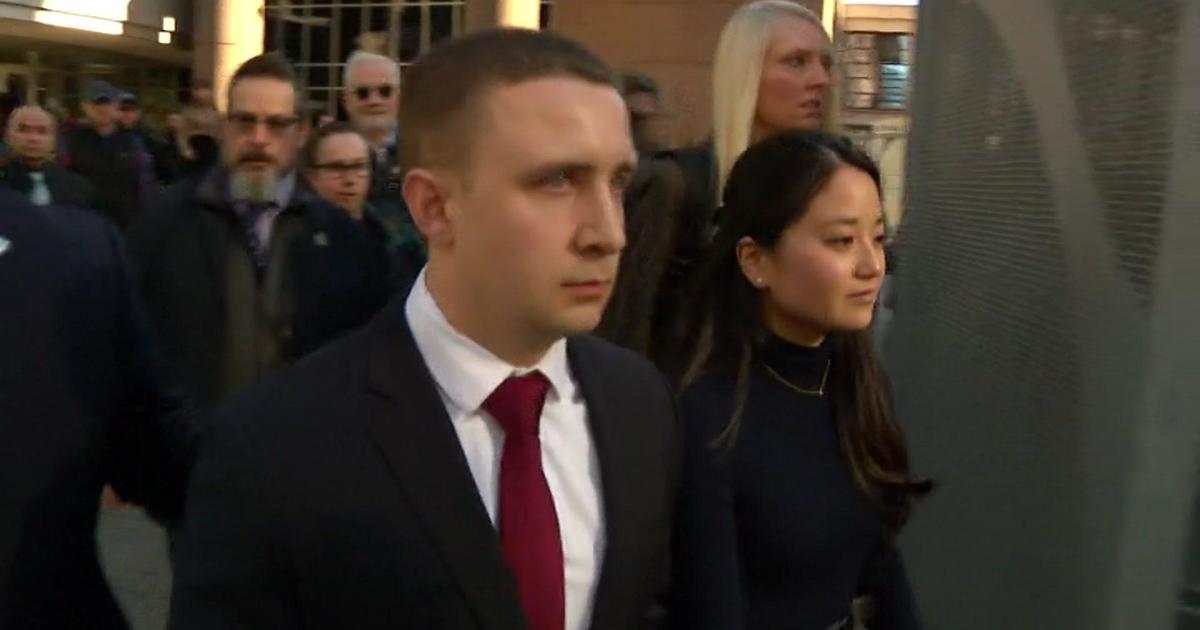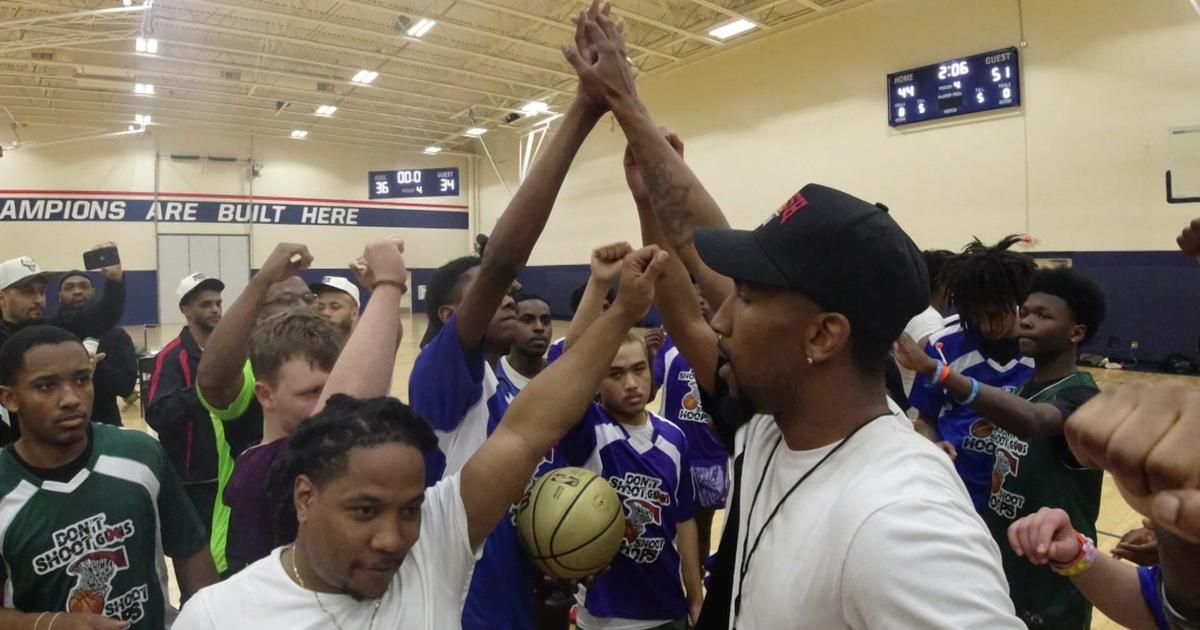What Are The Licensing Rules For Using Songs?
MINNEAPOLIS (WCCO) -- During the Emmy's Monday night, Capital One aired a commercial featuring the Prince song, "Let's Go Crazy." Immediately after it aired, some fans were upset Prince's music was used in a commercial for a bank.
On Twitter, @chaneyj wrote, "I'm in favor of using Prince music in a Capital One commercial only because it might annoy him so much that he gets right up out of his grave and comes back to life."
So, what are the rules when it comes to using songs? Good Question.
"They're not buying the songs, they're simply renting it," says Ken Abdo, an entertainment attorney and partner at Fox Rothschild LLP. "It's a paid permission to use that song for a specified negotiated use."
With every song, there are two copyrights that need to be licensed – the songwriter(s) and the recorded version, which is usually controlled by the record company. The more popular the song, the more it generally costs to license. How the song will be used, over what time period, any editing and where it will play are all details that are negotiated.
According to ASCAP, a leader in performance royalties, fees paid to the songwriter and music publisher can range from over $1,000,000 for a major campaign and product to $10,000 for a local campaign.
"Usually there are certain consents that are understood," says Abdo. "You can't use a song for religious reasons or political reasons. It can't be in a devil movie or for a hygiene or tobacco product."
Abdo says more prominent artists would have a say as to whether their music can be licensed for a particular campaign. Smaller artists would likely have less control.
"And, then there are artists who say I don't care how it's used as long as the money is right," he says.
If an artist is dead, like Prince, the rights are usually passed on to heirs or financial institutions that control the estate. In Prince's case, that's Comerica Bank.
The licensing rules for political commercials are the same, but they differ when it comes to political rallies. Abdo says background music at events are generally covered by the music licenses held by the venue. It's when the song because a campaign theme song that it must be licensed. That's generally a gray area that's contested every campaign cycle.
"In the old days – the 60s and 70s, to have your works in a commercial was considered a sell-out," Abdo says. "But, now because people don't buy music like they used to and the revenues from licensing music have become very important."



